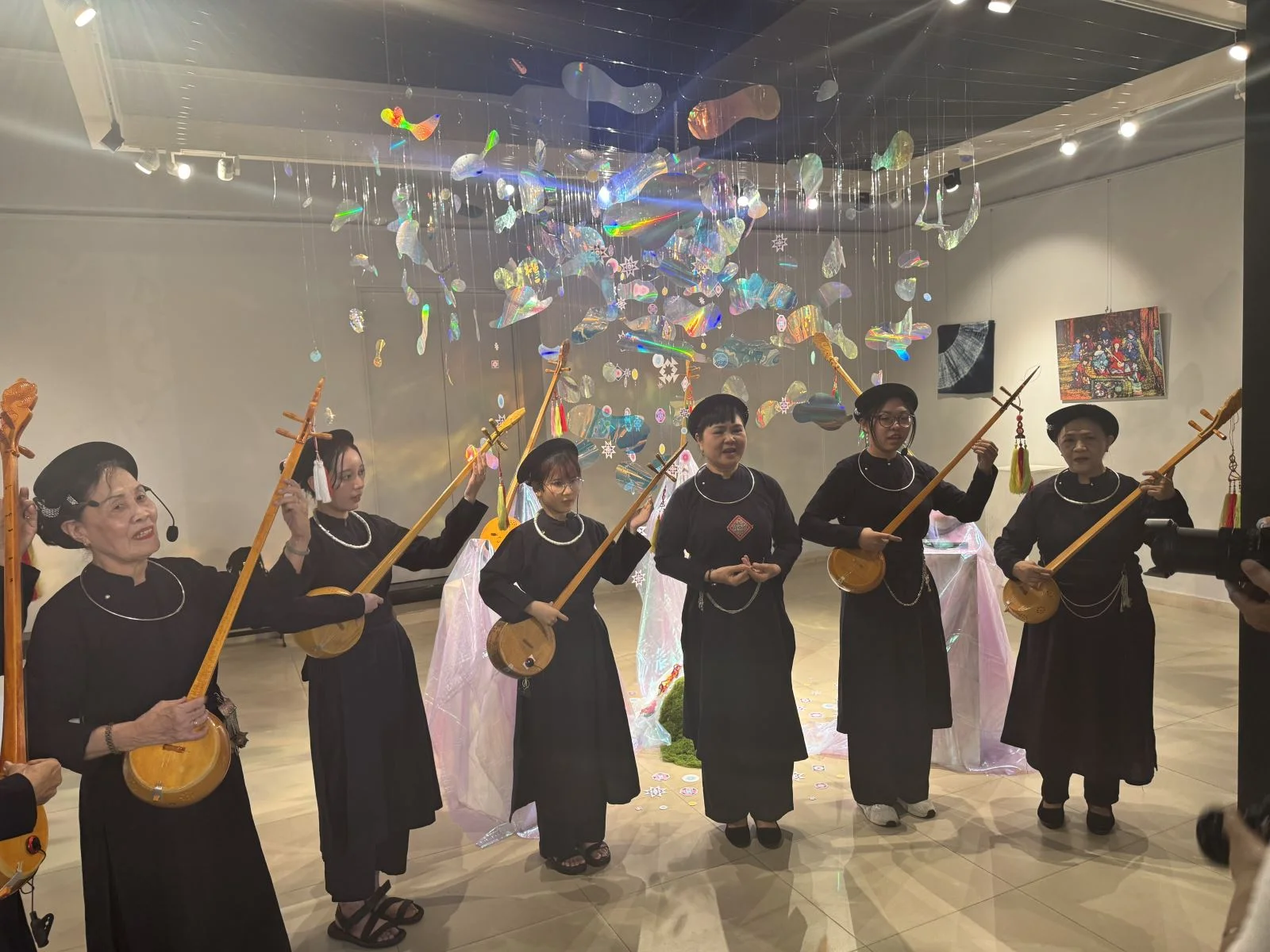
Artists of the Northwest Folk Dance Club under the Ho Chi Minh City Cultural Heritage Association in a performance promoting Then singing to the public.
The role of the creator
In the digital age, when social networks become open stages, the line between creativity and vulgarity is increasingly blurred. Dr. Nguyen Thi Ngoc Dung, Lecturer at Saigon University, Member of the Theory, Criticism and Training Association of Ho Chi Minh City Music Association, believes that from the phenomenon of songs with vulgar content spreading on the internet at a dizzying speed, it is necessary to re-evaluate the role and position of the "gatekeeper" in the current art field, from which to draw directions for adjustment and development for the future.
In which, the first and most important "gatekeeper" is the creator: singer, musician, music producer, KOLs, Influencers...
Dr. Nguyen Thi Ngoc Dung calls deviant products “soft poison” because they have a subtle but profound impact, eroding aesthetic emotions and instilling unhealthy lifestyles in children’s minds. “Artistically, creators have the responsibility to cultivate compositional techniques and artistic thinking to create works of aesthetic value. This requires them to work seriously in art to produce quality musical products, with sophisticated melodies, unique harmonies and profound lyrics,” Dr. Nguyen Thi Ngoc Dung said.
"From an ethical and educational perspective, these people must promote human values, guide people towards truth, goodness and beauty, sow compassion, love and positive thinking. In addition, creators are legal entities and must absolutely comply with the laws of the country where they operate and release their products," Dr. Nguyen Thi Ngoc Dung added.
Currently, on music platforms, many vulgar songs are still being spread with millions of views, while works with rich human values have difficulty finding a place. The reason is not only from the artists but also from the media, entertainment programs that follow trends and social network algorithms that lead tastes, instead of relying on sincere feelings about music.
"Creative freedom does not mean loosening social responsibility. Artists can still exploit the dark side of life, but must choose language and messages that make listeners sympathetic and comfortable. The social responsibility of artists is to lead the public towards beauty and humanity," musician Nguyen Van Chung affirmed.
More solutions needed
In general, musician Dinh Trung Can, Vice President of the Ho Chi Minh City Music Association and General Director of the Vietnam Music Copyright Protection Center, said that responsibility cannot be attributed solely to musicians or singers. Because a musical product is the result of interactions between many parties: management agencies, media, producers and the public. When there is a deviation from the norm, it is necessary to recognize multi-dimensional responsibility, while at the same time encouraging and rewarding works of humanistic value.
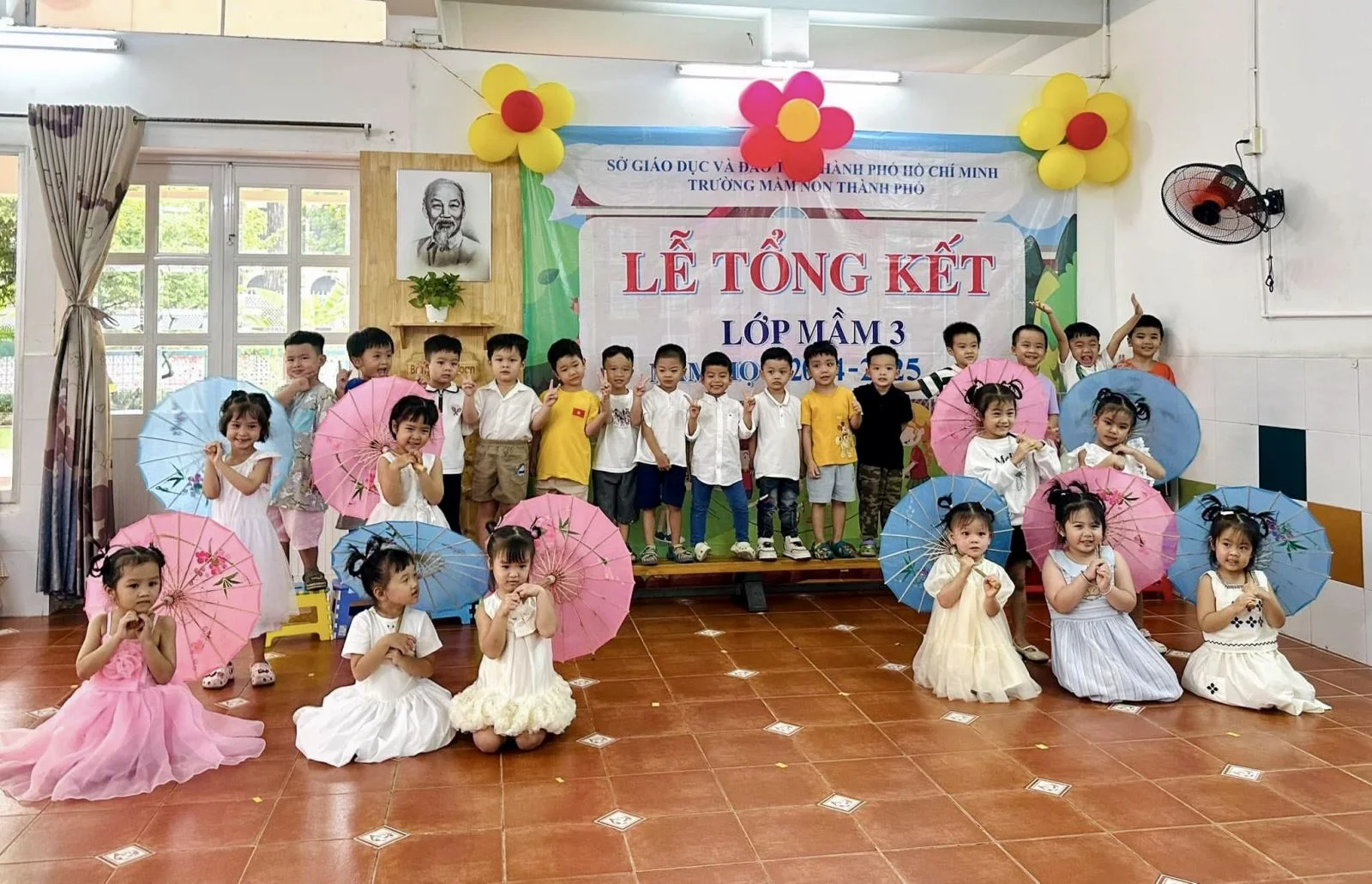
Children of City Kindergarten in a performance with traditional dance.
According to MSc. Nguyen Cam Le, the Department of Culture and Sports of Ho Chi Minh City is taking the lead in developing an inter-sectoral coordination regulation to promptly grasp the situation and strictly handle violations. Deviant manifestations appearing in digital space, distorting aesthetic values and public tastes need to be strictly handled in combination with education to raise artists' awareness.
"We can use technology such as artificial intelligence (AI) to check and post-check products in the digital environment, reducing the spread when violations appear. At the same time, the Ministry of Culture, Sports and Tourism needs to complete the Law on Performing Arts with specific criteria on lyrics, costumes, and violations of public morality," Dr. Hoang Duan, Deputy Head of the Faculty of Arts and Culture Management, Ho Chi Minh City University of Culture, proposed.
Associate Professor, Doctor of Musician Phan Quoc Anh also emphasized the role of music education in schools: helping children develop their imagination, thinking ability, distinguishing between good and evil, beauty and ugliness. This is the foundation for forming aesthetics, personality and an “immune system” against deviant music.
Regardless of position, whether musician, singer or manager, all agree that music is the voice of society and artists are the “cultural gatekeepers”. Only then can Ho Chi Minh City become a civilized music center, where artistic creation goes hand in hand with social responsibility, protecting cultural identity and shaping the aesthetics and personality of the young generation.
Huong Tran (News and Ethnic Newspaper)
Source: https://baocantho.com.vn/bai-cuoi-trach-nhiem-gac-cong-cua-nguoi-nghe-si-a194227.html








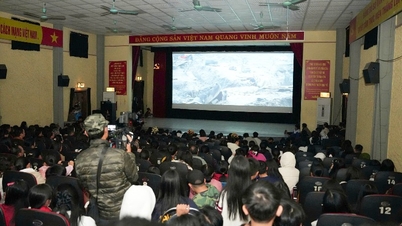

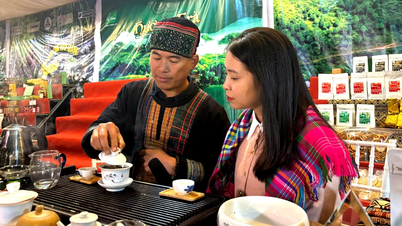



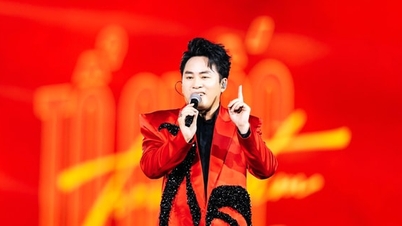

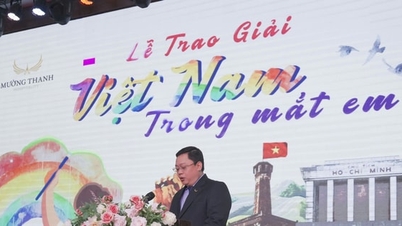
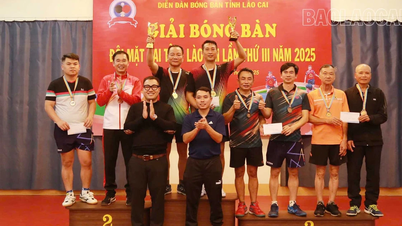




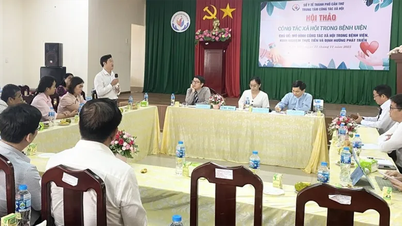
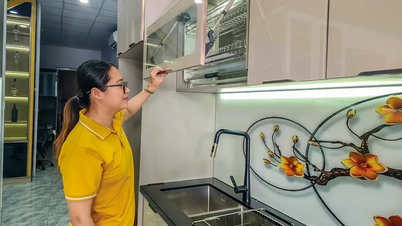
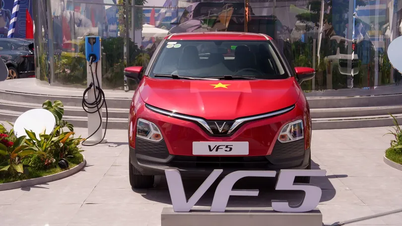
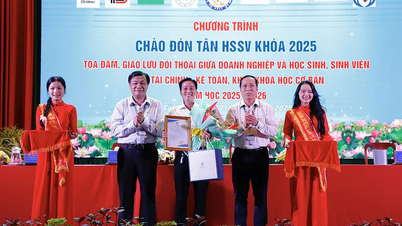

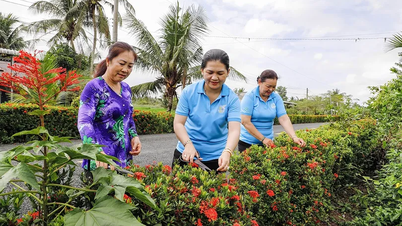



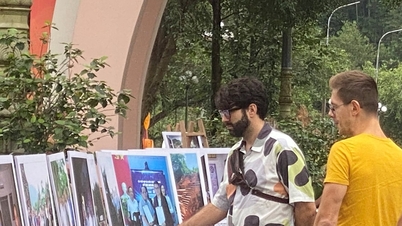

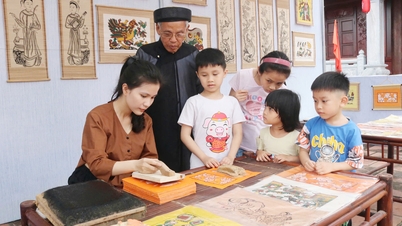

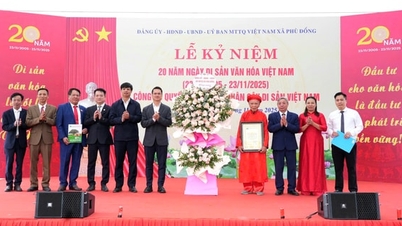



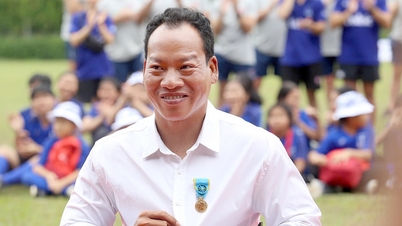



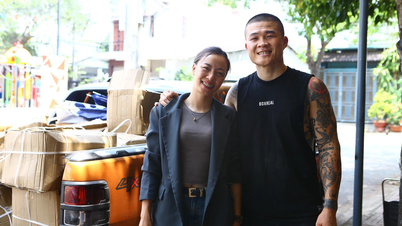

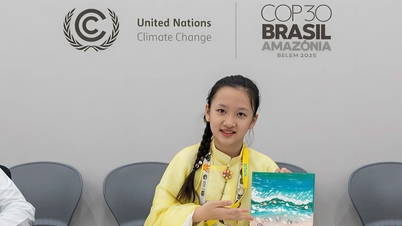

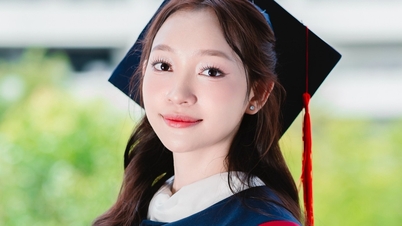

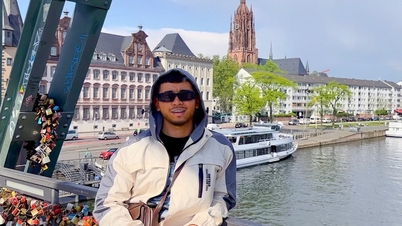















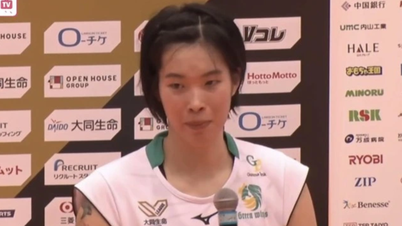

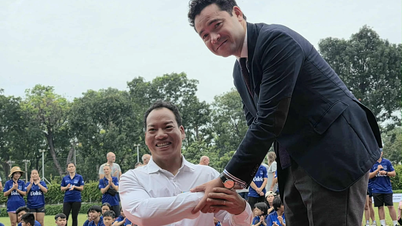






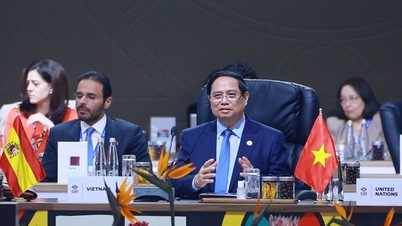

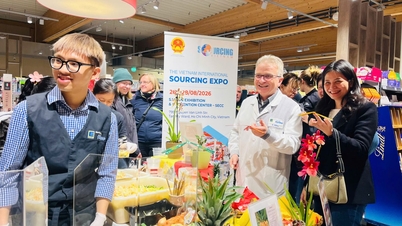



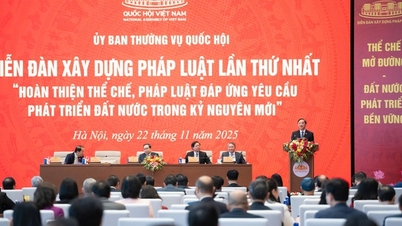

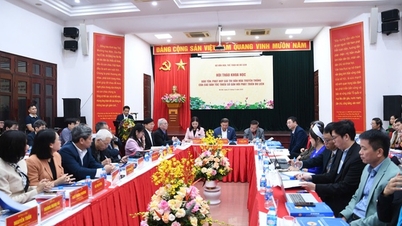
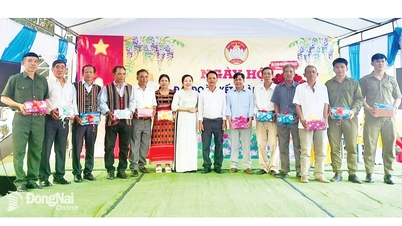

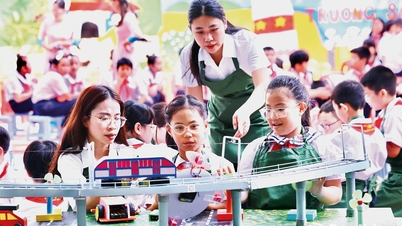




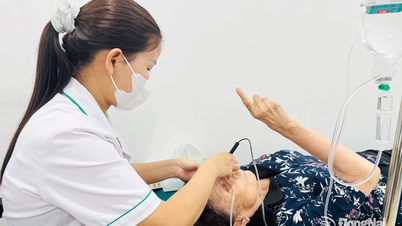











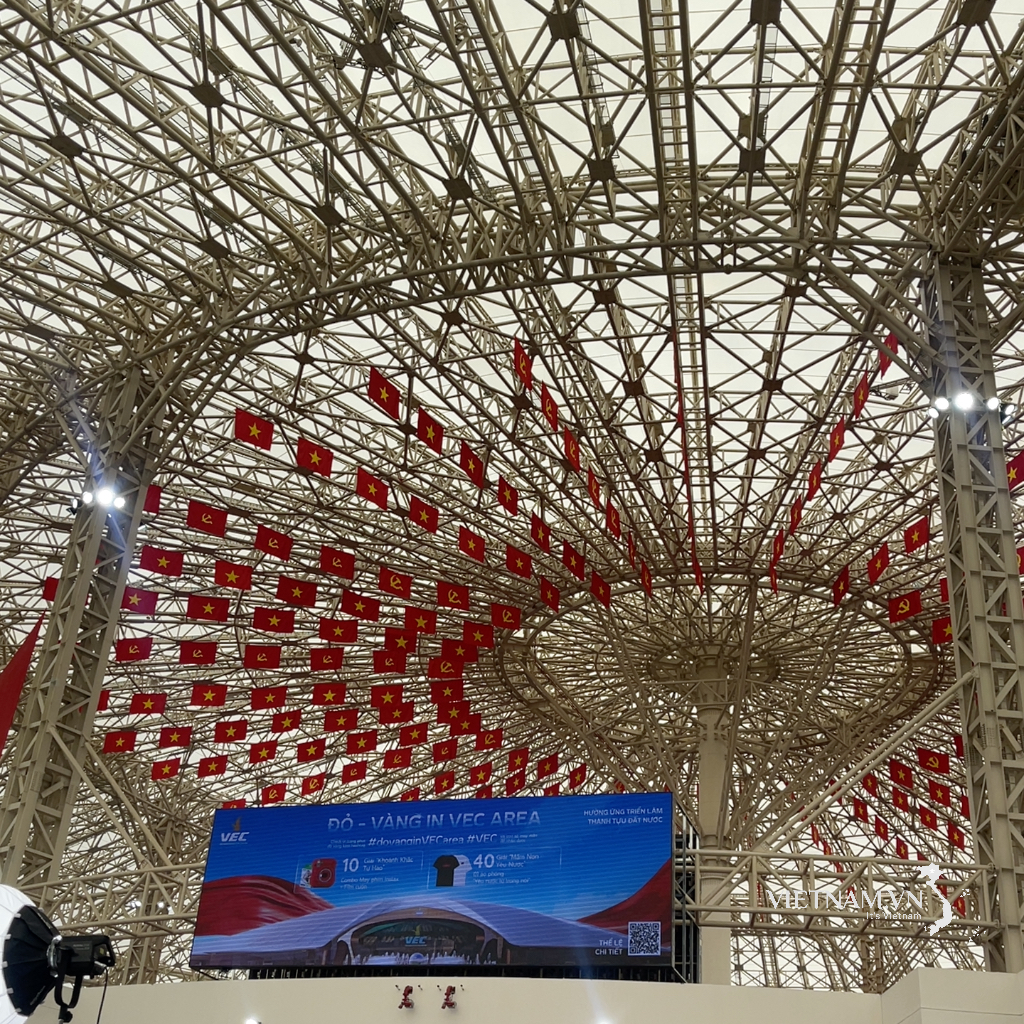


Comment (0)